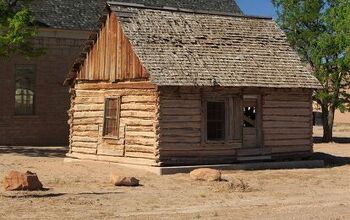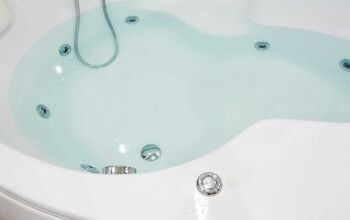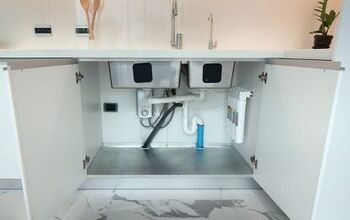What Kind Of Tile Is Best For Shower Walls?

Choosing the right tile for your shower can be quite difficult. The tile that you choose ultimately determines how your shower will look and how easy it will be to clean and maintain. So, what kind of tile is best for shower walls?
Porcelain is the best kind of tile for shower walls because it is durable and inexpensive. Ceramic tiles can also withstand prolonged water exposure and are perfect for shower walls and floors. Glass and natural stone tiles are great options for shower walls as well, but they cost up to $30 per square foot to install which can limit some homeowners.
Try to clean your shower tiles once per week so that soap scum doesn’t build up. Make sure to seal your shower tiles so they don’t break and water doesn’t leak through them. Follow along as we explore what kind of tile is best for shower walls.
What Kind Of Tile To Use On Shower Walls
Whether it is porcelain or natural stone, there are many great tile options for shower walls. The right kind of tile for you ultimately depends on your style and budget. So, what kind of tile is best for shower walls?
Porcelain
Porcelain is the best kind of tile for shower walls. It is durable, visually appealing, and can withstand prolonged exposure to water. Many homeowners prefer porcelain over cheaper options, such as ceramic tiles.
Porcelain tiles are minimally more expensive than ceramic tiles, and they cost between $4 and $30 per square foot. The cheapest option is to install them yourself because the cost of materials is so low. It costs as little as $400 and as much as $1,100 to tile a shower with porcelain.
Ceramic
Ceramic shower tiles have been the gold standard for a long time, and it’s with good reason. The best thing about ceramic tiles is that they work just as well for shower floors as they do for walls. You don’t have to worry about ceramic tiles becoming too slippery when they get wet.
Some homeowners prefer glazed ceramic tiles over standard tiles, but they are both great options. Ceramic tiles are also cheaper than natural stone, porcelain, or glass. It doesn’t typically cost more than $15 per square foot to install ceramic shower wall tiles between the cost of materials and labor.
Glass
Glass is a terrible option for shower floors, but glass tiles are perfect for shower walls. This is a great option if you want to brighten up your shower and make the bathroom look more visually dynamic. Glass is low maintenance and easier to clean than ceramic and porcelain tiles.
With that said, glass is also one of the most expensive tile materials for shower walls. You can expect to spend between $15 and $30 per square foot to install glass shower wall tiles. The cost varies based on the cut of the glass, its thickness, and the design.
Natural Stone
Natural stone tiles may be expensive, but they are among the best options for shower walls. They instill a rustic vibe which can make your shower feel more comfortable and natural. While natural stone tiles are great for shower walls, they aren’t ideal for shower floors.
This is because the natural stone can become quite slippery when it gets wet. You can customize your natural stone tiles to get the size and cut that you prefer. It costs between $5 and $17 per square foot to install natural stone tiles on your shower walls. However, the cost per square foot can double or triple if you hire a professional to install them.
Is Porcelain Or Ceramic Tile Best For Shower Walls?
Porcelain is better than ceramic tile, but only by a small margin. It is slightly more durable than ceramic and many homeowners think that it looks better. With that said, ceramic has more uses in showers than porcelain as it works well as a flooring material.
That isn’t the case with porcelain, as it isn’t ideal for shower floors. The only downside of porcelain tiles is that they can chip somewhat easily, and it’s difficult to repair them without replacing the tile when that happens.
Do Shower Tiles Need To Be Sealed?
Shower tiles need to be sealed to extend their lifespan. Your shower tiles won’t last nearly as long as they should if you don’t seal them. The sealant can protect porous tiles from absorbing too much water.
It’s necessary to seal natural stone tiles because they can take on lots of water. You rarely have to spend more than $1 per square foot to seal your shower tiles, and it’s worth the low cost. Failure to seal shower tiles can also lead to serious water damage in your home.
For example, unsealed shower tiles can eventually crack and let water in. Over time, the water can leak behind the shower into the wall and cause wood rot. This also creates the perfect conditions for mold and mildew to grow.
What Is The Easiest Tile To Keep Clean In Showers?
Porcelain and glass tiles are the easiest to keep clean in showers. You can clean glass shower tiles with a standard glass cleaner. Porcelain and ceramic tiles are easy to clean with a mixture of warm water and dish soap.
Ideally, you should clean your shower tiles once per week so that soap scum doesn’t build up. This can also prevent bacteria from thriving and spreading. It’s a great idea to clean the grout between the tiles at least 3-5 times per year.
Summing It Up
Porcelain and ceramic are the best kinds of tiles for shower walls. They are both affordable, easy to clean, and can withstand plenty of water. Neither type of tile becomes overly slick when exposed to water, and that is essential for shower wall tiles.
Glass and natural stone are great options as well, but they are much more expensive than porcelain or ceramic. Clean your shower tiles weekly and clean the grout 5 times per year or more if necessary. Seal your shower tiles after you install them to protect them from water exposure.
Related Guides

Nick Durante is a professional writer with a primary focus on home improvement. When he is not writing about home improvement or taking on projects around the house, he likes to read and create art. He is always looking towards the newest trends in home improvement.
More by Nick Durante



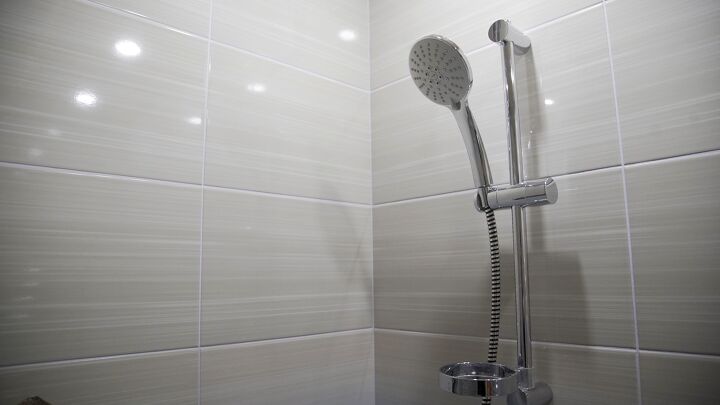






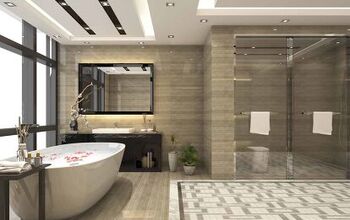
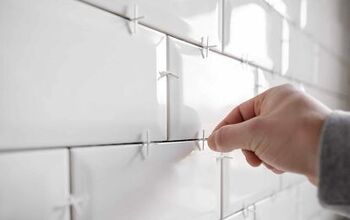
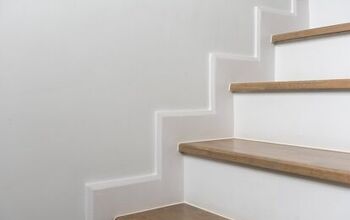
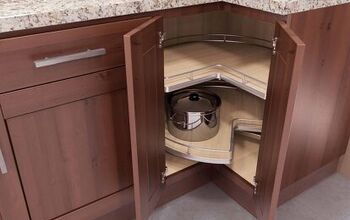
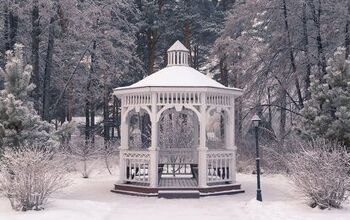




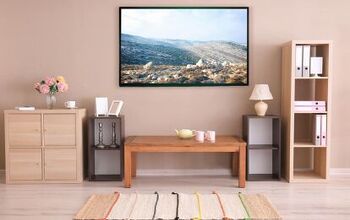


![10 Most Dangerous Neighborhoods in Baltimore [Updated]](https://cdn-fastly.upgradedhome.com/media/2023/07/31/9075655/10-most-dangerous-neighborhoods-in-baltimore-updated.jpg?size=350x220)


